20. At what meeting in 1521 did Luther face the Holy Roman Emperor and stand up against both him and the Church of Rome?
From Quiz The Protestant Reformation Part 2 : Martin Luther
Answer:
Diet of Worms
In March of 1521, the Holy Roman Emperor, Charles V, summoned Luther to a hearing in front of the diet that would meet in the city of Worms and gave him a safe conduct guarantee to and from the city. During the first day of his hearing, Luther freely admitted to the emperor and diet that he had written the books piled on the table before him and that he even had written others. On the second day, the time had come for Martin Luther to take his stand. He spoke first in German and then repeated his statement in Latin, saying, "Unless I am convicted by Scripture and plain reason - I do not accept the authority of popes and councils, for they have contradicted each other - my conscience is captive to the Word of God. I cannot and I will not recant anything, for to go against conscience is neither right nor safe. Here I stand; I can do no other. God Help me. Amen." The emperor stood and left in anger, and in May of that same year, he issued the Edict of Worms stating that Luther was a heretic. On the way back from Worms, Luther was intercepted by a band of men on horseback, and rumor spread throughout Germany that Luther had been killed. But contrary to the rumors, he was kept alive and hidden by Prince Fredrick in Wartburg Castle disguised as "Knight George". Though he was depressed by solitude and felt tempted and tormented, Luther still wrote about a dozen more books, and translated the New Testament from Greek into German using Erasmus's Greek New Testament text. When he was allowed to leave the castle and return to Wittenberg, Luther remained under Fredrick's protection even though he was outlawed everywhere else in the Holy Roman Empire. As time went by, more and more German princes and Free Cities took Luther's side. In 1530, the princes of Germany were given their opportunity to stand up to the Roman church and the emperor. Even under threat of execution, the princes defended their faith, and by 1555, won the right to choose whether their territory would be Roman Catholic or Lutheran. This truce was known as the Peace of Augsburg.





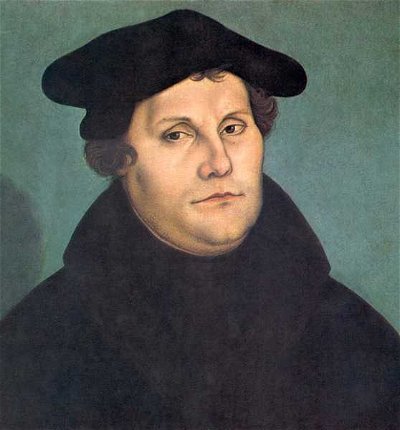


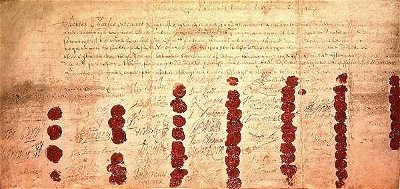
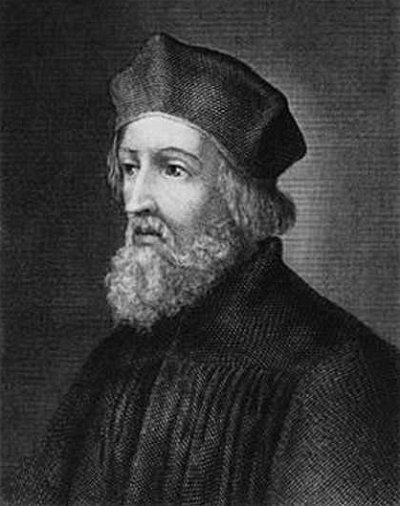

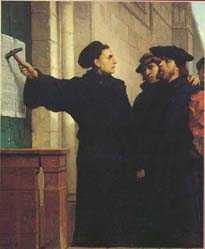
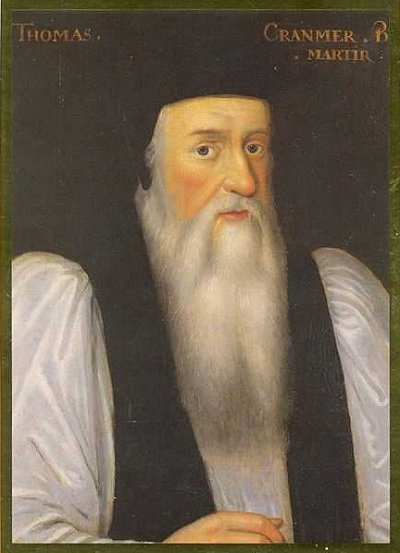
 Quick Question
Quick Question